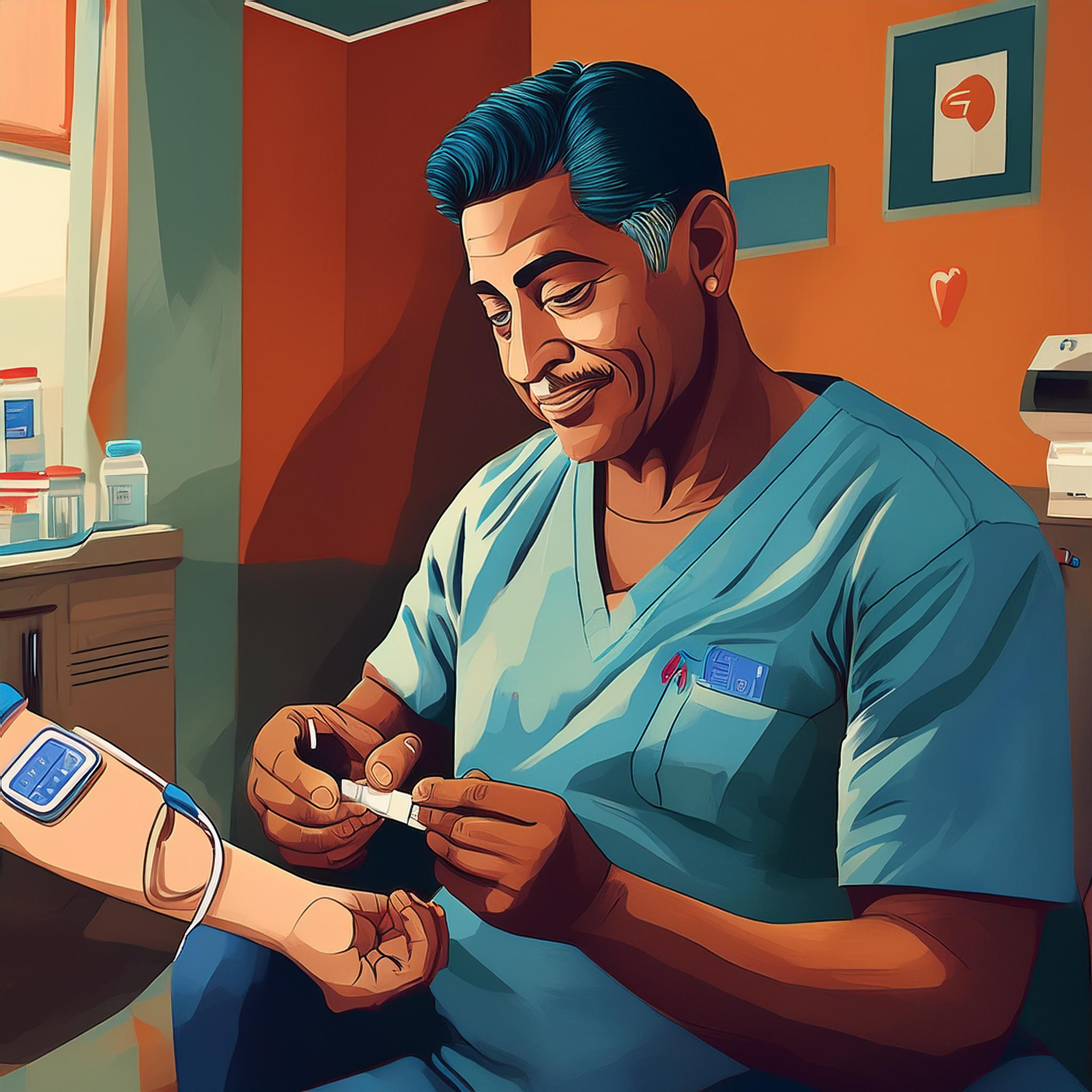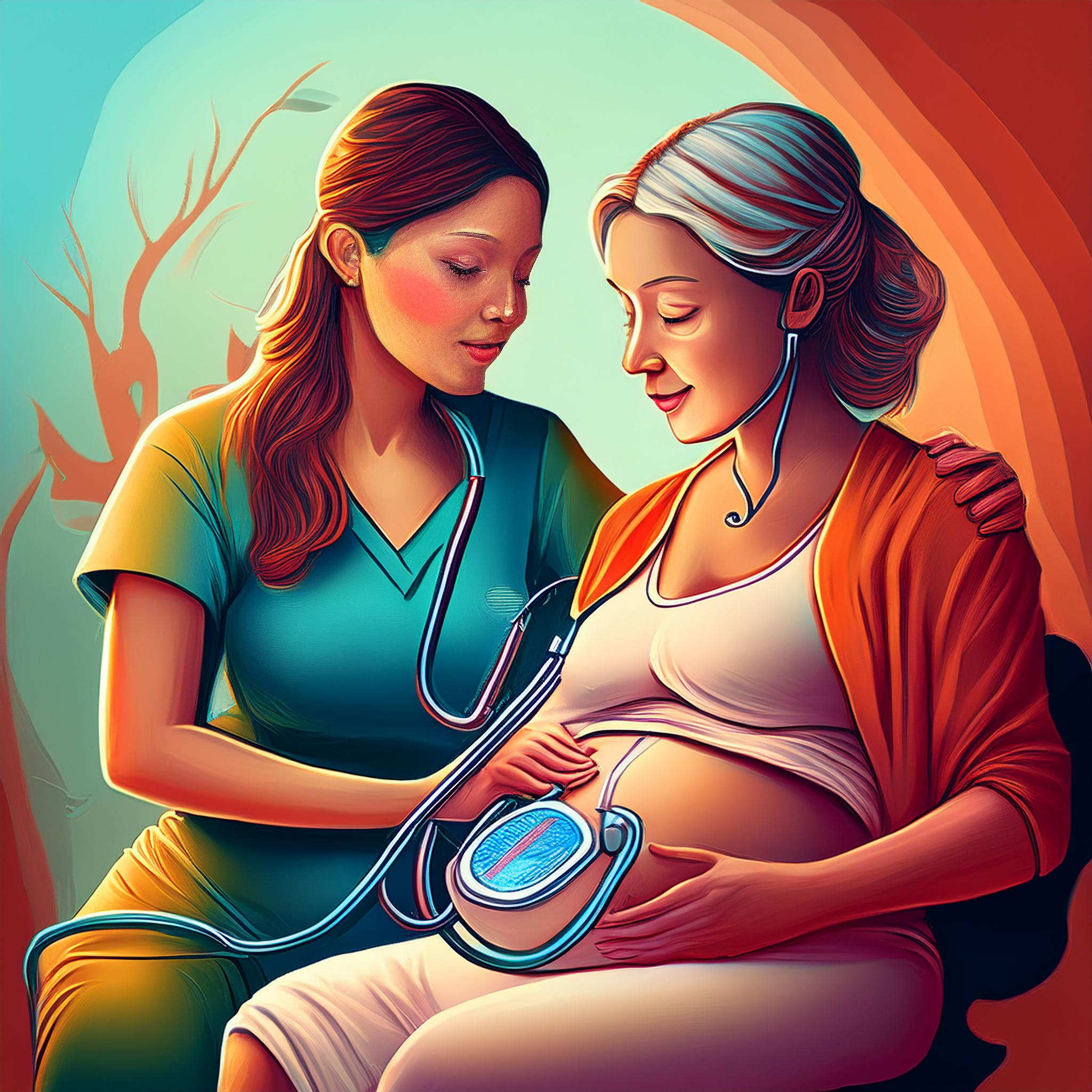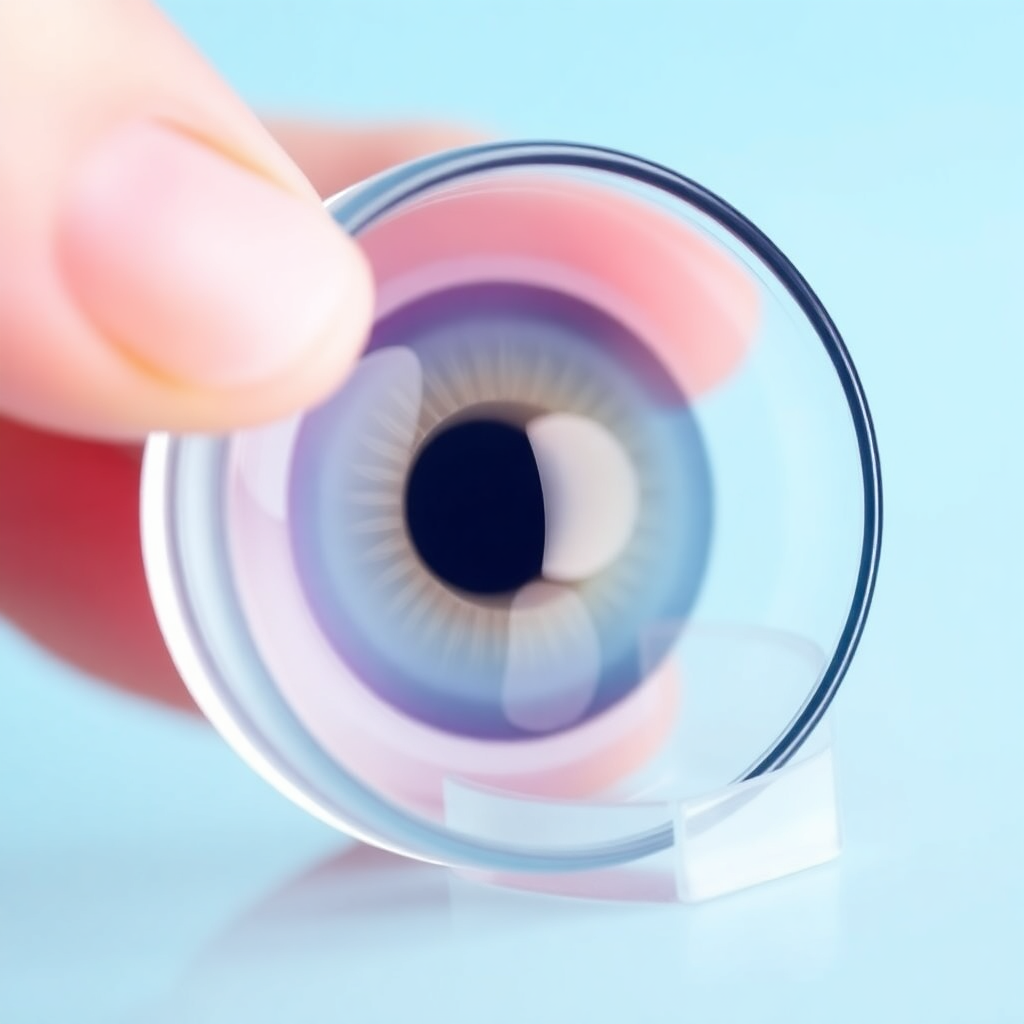Kualitas Hidup Pasien Diabetes Melitus Tipe 2 Di Puskesmas Se Kota Kupang
Downloads
Diabetes Mellitus is well known as a chronic disease which can lead to a decrease in quality of life in all domains. The study aims to explore the diabetic type 2 patient’s quality of life and find out the factors affecting in type 2 diabetic mellitus patients. The cross-sectional study design is used that included 65 patient with type 2 diabetes mellitus, in 11 public health centers of Kupang City. Data were collected by using Short Form Survey (SF-36) that assessed 8-scale health profile. Independent sample t-test is used to analyze the correlation between the factors affecting and the quality of life. the study showed that the QoL of DM patients decreased in all 8- health profile including physical functioning, social functioning, mental health, general health, pain, change in the role due to physical problems and emotional problems. The Study also showed there was a relationship between gender, duration of suffering from Diabetes mellitus, and complications to the quality of life. Male perceived a better quality of life than female.
Downloads
Chesla, C. a., Chun, K. M., & Kwan, C. M. L. (2009). Cultural and family challenges to managing type 2 diabetes in immigrant Chinese Americans. Diabetes Care, 32(10), 1812–1816. http://doi.org/10.2337/dc09-0278
Chesla, C. a., Fisher, L., Mullan, J. T., Skaff, M. M., Gardiner, P., Chun, K., & Kanter, R. (2004). Family and Disease Management in African-American Patients With Type 2 Diabetes. Diabetes Care, 27(12), 2850–2855. http://doi.org/10.2337/diacare.27.12.2850
Dagogo-jack, S. (2006). Primary Prevention of Type-2 Diabetes in Developing Countries, (901), 415–419.
Dijk, V., & Coen, D. A. (2012). Exercise Therapy in Type 2 Diabetes : Is daily exercise required to optimize glycemic control ?, (May).
Federation International Diabetes. (2013). Annual Report 2013.
Perkeni. (2011). Konsensus Pengelolaan Diabetes Melitus tipe 2 di indonesia (3rd ed.). Jakarta: Perkeni.
Siti, S. (2000). Profil Penderita Diabetes Melitus Yang Berobat ke Pengobat Tradisional di DKI Jakarta, di Yogyakarta, dan Surabaya. Vuletin Penelitian Kesehatan, 27(3), 334–40.
Spasi, A., Veli, R., Cati, A., Stefanovi, N., & Cvetkovi, T. (2014). Quality of Life in Type 2 Diabetic Patients, 31(3), 193–200. http://doi.org/10.2478/afmnai-2014-0024
Tumiwa, F. A., & Langi, Y. A. (2010). Terapi gizi medis pada diabetes melitus, 2, 2010.
Whitford, D. L., McGee, H., & O’Sullivan, B. (2008). Will People With Type 2 Diabetes Speak to Family Members About Health Risk? Diabetes Care, 32(2), 251–253. http://doi.org/10.2337/dc08-1200
Lloyd, A., Sawyer, W., & Hopkinson, P. (2001). Impact of Long-Term Complications on Quality of Life in Patients with Type 2 Diabetes not Using Insulin. Value in Health, 4(5), 392–400. http://doi.org/10.1046/j.1524-4733.2001.45029.x
Black, M.J., & Hawks, H. J. (2001). Medical Surgical Nursing: clinical Management for Positive Outcomes (7th editio). Philadelphia: Elsevier SaundersSt. Louis.
Chesla, C. a., Chun, K. M., & Kwan, C. M. L. (2009). Cultural and family challenges to managing type 2 diabetes in immigrant Chinese Americans. Diabetes Care, 32(10), 1812–1816. http://doi.org/10.2337/dc09-0278
Chesla, C. a., Fisher, L., Mullan, J. T., Skaff, M. M., Gardiner, P., Chun, K., & Kanter, R. (2004). Family and Disease Management in African-American Patients With Type 2 Diabetes. Diabetes Care, 27(12), 2850–2855. http://doi.org/10.2337/diacare.27.12.2850
Dagogo-jack, S. (2006). Primary Prevention of Type-2 Diabetes in Developing Countries, (901), 415–419.
Dijk, V., & Coen, D. A. (2012). Exercise Therapy in Type 2 Diabetes : Is daily exercise required to optimize glycemic control ?, (May).
Epple, C., Wright, a. L., Joish, V. N., & Bauer, M. (2003). The Role of Active Family Nutritional Support in Navajos’ Type 2 Diabetes Metabolic Control. Diabetes Care, 26(10), 2829–2834. http://doi.org/10.2337/diacare.26.10.2829
Ethods, M. (2010). Diabetic Feet Prevention, 33(7), 1460–1463.
Federation International Diabetes. (2013). Annual Report 2013.
Fisher, L. (2006). Family Relationships and Diabetes Care During the Adult Years. Diabetes Spectrum, 19(2), 71–74. http://doi.org/10.2337 /diaspect.19.2.71
Friedman, M.M.,Bowden V.R., & J. E. . (2003). Family Nursing Research, Theory and Practice (5 ed). New Jersey.
Julia, C., & Psych, D. (2011). Illness and Treatment Perceptions Are Associated With Adherence to ...
Kemenkes RI. (2013). Riset Kesehatan Daerah. In Kemenkes RI (Ed.), . Jakarta.
Lloyd, A., Sawyer, W., & Hopkinson, P. (2001). Impact of Long-Term Complications on Quality of Life in Patients with Type 2 Diabetes not Using Insulin. Value in Health, 4(5), 392–400. http://doi.org/10.1046/j.1524-4733.2001.45029.x
Magalhães, R. (2014). Implementação de programas multiestratégicos: uma proposta de matriz avaliativa. Ciência & Saúde Coletiva, 19(7), 2115–2123. http://doi.org/10.1590/1413-81232014197.08482013
Melitus, D. (n.d.). Melitus di, 48.
Ortega, E., Franch, J., Castell, C., Goday, a., Ribas-Barba, L., Soriguer, F., … Gomis, R. (2013). Mediterranean diet adherence in individuals with prediabetes and unknown diabetes: The Di@bet.es study. Annals of Nutrition and Metabolism, 62(4), 339–346. http://doi.org/10.1159/000346553
Patients Is Affected by Complications But Not by Intensive Policies to Impro v e Blood Glucose or Blood Pre s s u re Contro l. (1999), 22(7).
Perkeni. (2011). Konsensus Pengelolaan Diabetes Melitus tipe 2 di indonesia (3rd ed.). Jakarta: Perkeni.
Siti, S. (2000). Profil Penderita Diabetes Melitus Yang Berobat ke Pengobat Tradisional di DKI Jakarta, di Yogyakarta, dan Surabaya. Vuletin Penelitian Kesehatan, 27(3), 334–40.
Spasi, A., Veli, R., Cati, A., Stefanovi, N., & Cvetkovi, T. (2014). Quality of Life in Type 2 Diabetic Patients, 31(3), 193–200. http://doi.org/10.2478/afmnai-2014-0024
Tumiwa, F. A., & Langi, Y. A. (2010). Terapi gizi medis pada diabetes melitus, 2, 2010.
Whitford, D. L., McGee, H., & O’Sullivan, B. (2008). Will People With Type 2 Diabetes Speak to Family Members About Health Risk? Diabetes Care, 32(2), 251–253. http://doi.org/10.2337/dc08-1200
Yunianto, A. E., Khomsan, A., Dwiriani, C. M., & Nurdin, N. M. (2015). Association Between Nutrition Knowledge and Nutritional Status with Blood Glucose Status in Rural Areas, 14(9), 603–610
Copyright notice
Ownership of copyright
The copyright in this website and the material on this website (including without limitation the text, computer code, artwork, photographs, images, music, audio material, video material and audio-visual material on this website) is owned by JURNAL INFO KESEHATAN and its licensors.
Copyright license
JURNAL INFO KESEHATAN grants to you a worldwide non-exclusive royalty-free revocable license to:
- view this website and the material on this website on a computer or mobile device via a web browser;
- copy and store this website and the material on this website in your web browser cache memory; and
- print pages from this website for your use.
- All articles published by JURNAL INFO KESEHATAN are licensed under the Creative Commons Attribution 4.0 International License. This permits anyone to copy, redistribute, remix, transmit and adapt the work provided the original work and source is appropriately cited.
JURNAL INFO KESEHATAN does not grant you any other rights in relation to this website or the material on this website. In other words, all other rights are reserved.
For the avoidance of doubt, you must not adapt, edit, change, transform, publish, republish, distribute, redistribute, broadcast, rebroadcast or show or play in public this website or the material on this website (in any form or media) without appropriately and conspicuously citing the original work and source or JURNAL INFO KESEHATAN prior written permission.
Permissions
You may request permission to use the copyright materials on this website by writing to jurnalinfokesehatan@gmail.com.
Enforcement of copyright
JURNAL INFO KESEHATAN takes the protection of its copyright very seriously.
If JURNAL INFO KESEHATAN discovers that you have used its copyright materials in contravention of the license above, JURNAL INFO KESEHATAN may bring legal proceedings against you seeking monetary damages and an injunction to stop you using those materials. You could also be ordered to pay legal costs.
If you become aware of any use of JURNAL INFO KESEHATAN copyright materials that contravenes or may contravene the license above, please report this by email to jurnalinfokesehatan@gmail.com
Infringing material
If you become aware of any material on the website that you believe infringes your or any other person's copyright, please report this by email to jurnalinfokesehatan@gmail.com.





























